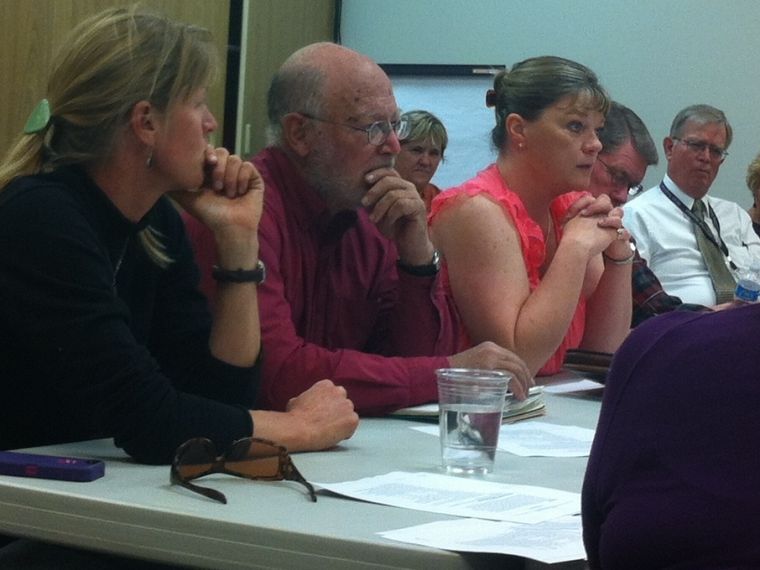A rural health tax will not be on the ballot this June to subsidize the ailing Canyonlands Care Center. If the tax were on the ballot, two thirds of voters would have to approve the tax for it to be enacted.
The rural health tax, of up to half of one percent, has been presented as a potential solution to the Grand County Council as a means of meeting the Canyonlands Care Center’s growing debt. Considering the tax was on the county’s April 2 agenda. Representatives from the care center and Canyonlands Health Care Special Service District were at the meeting and said they were no longer pursuing the option due to confusion regarding the legality of enacting the tax.
The Canyonlands Care Center, an independent extended care unit that is managed by the Canyonlands Health Care Special Service District, had an operating debt of $604,587 as of Dec. 31, 2012. The care center owes Grand County $164,895 for paying the care center’s payroll in September 2011. The remaining operational debt is to Moab Regional Hospital for services such as meals, laundry and utilities.
Tom Lacy, the care center’s accountant, said that he had not received final numbers from Moab Regional Hospital for the debt accrued in 2013, “but it appears the debt is growing at about $1,000 a day.”
The main legal hurdle of the rural health tax is the ownership of the care center itself.
“We were asking the tax commission to explain why the special service district would not be included in the health care facilities sales tax,” said Joey Allred, chair of the special service district. “They stated the (state) code is clear. That is for county-owned facilities.”
At this point, a sales tax can not be considered while the special service district owns the facility, “without a legislative change,” Allred said.
No legislative changes can occur until the 2014 legislative session, which would postpone the tax from being on the ballot until June 2014.
City councilwoman, Kirstin Peterson, who also sits on the special service district, suggested at a joint city and council meeting held Friday, March 29, that if the facility were county-owned, the tax could be on the ballot.
“We could have the county take over the building only if the tax passed to provide a dedicated revenue stream to make up the shortfall,” Peterson said.
County council chair Gene Ciarus said that the county can’t assume the $4.6 million capital debt for the building. One bond balance is at $1.9 million and the other is at $2.7 million. The special service district is expected to make an annual payment of $178,425 and $175,200 on these bonds on May 1.
County councilman Ken Ballantyne, who is also the special service district’s treasurer, said the bonds will be paid with mineral lease money received by the State of Utah and allocated by the county council.
Ciarus said is confident that the Community Impact Board, which holds one of the bonds, would transfer the capital debt to the county, however, he is unsure whether the county can use mineral lease money to pay for the bonds.
“The only way we could guarantee the debt is through a tax,” Ciarus said.




